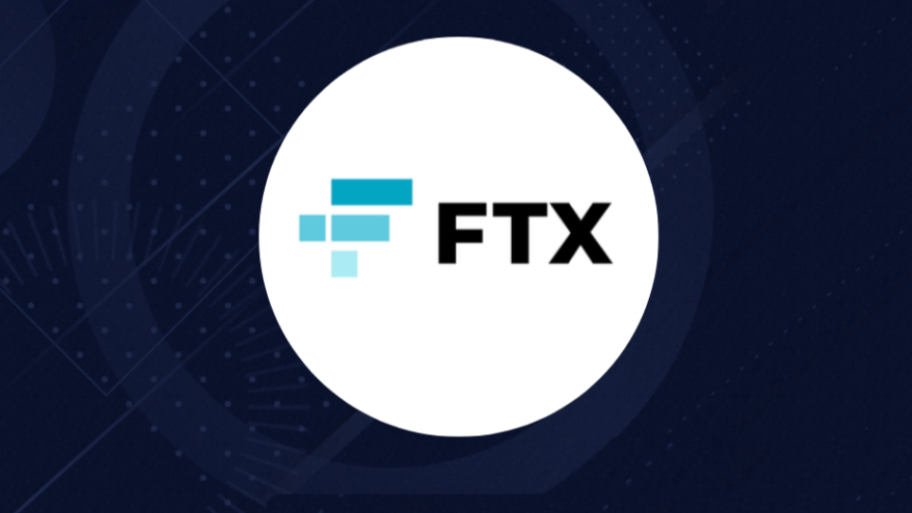In one of the largest and most complex bankruptcy distributions in history, cryptocurrency exchange FTX has secured court approval to repay its customers more than their original investments, marking an extraordinary turnaround for what appeared to be one of the industry's most catastrophic failures.
The US Bankruptcy Court in Delaware approved a plan on Monday that will allow FTX to distribute between $14.7 billion and $16.5 billion to creditors across more than 200 jurisdictions worldwide. Under the scheme, 98 per cent of customers - those who held $50,000 or less - will receive approximately 118 per cent of their account value as of November 2022 within 60 days of the plan taking effect.
US bankruptcy judge John Dorsey praised the outcome as "a model case for how to deal with a very complex Chapter 11 bankruptcy proceeding."
John Ray, who took over as chief executive officer after the exchange's collapse, emphasised the scale of the recovery effort. "Today's achievement is only possible because of the experience and tireless work of the team of professionals supporting this case, who have recovered billions of dollars by rebuilding FTX's books from the ground up and from there marshalling assets from around the globe," he said.
The company has amassed its repayment fund through various means, including selling investments in technology companies like artificial intelligence startup Anthropic. The recovery effort required unprecedented cooperation between US authorities, international liquidators, and various professional firms including Sullivan & Cromwell LLP as legal counsel and Perella Weinberg Partners as investment banker.
The success has been so substantial that even FTX shareholders could receive up to $230 million from funds seized by the US Department of Justice. However, before any distributions can begin, FTX must establish a trust and engage specialised agents to manage the complex process of global repayments.
Some customers have expressed disappointment with the plan, noting they've missed out on significant gains in cryptocurrency values since the bankruptcy. Attorney David Adler, representing four objecting creditors, pointed out that Bitcoin has risen from $16,000 to over $63,000 since November 2022.
FTX financial advisor Steve Coverick testified that returning equivalent cryptocurrency assets would be "exorbitantly expensive," explaining the decision to make cash repayments. The company has revealed it held only 0.1 per cent of the Bitcoin its customers believed they had deposited, as founder Sam Bankman-Fried had misappropriated the assets. Bankman-Fried was sentenced in March to 25 years in prison for stealing from customers.
The repayment plan was made possible through settlements with various US government agencies, including the Commodity Futures Trading Commission and Internal Revenue Service, who agreed to prioritise customer repayment over fines and tax debts. The plan also required cooperation from Bahamian liquidators who initially challenged FTX's authority to file for bankruptcy in the US.
Latest News
-
Gemini to cut quarter of workforce and exit UK, EU and Australia as crypto slump forces retrenchment
-
Bank ABC’s mobile-only ila bank migrates to core banking platform
-
Visa launches platform to accelerate small business growth in US
-
NatWest to expand Accelerator programme to 50,000 members in 2026
-
BBVA joins European stablecoin coalition
-
eToro partners with Amundi to launch equity portfolio with exposure to ‘megatrends’
Creating value together: Strategic partnerships in the age of GCCs
As Global Capability Centres reshape the financial services landscape, one question stands out: how do leading banks balance in-house innovation with strategic partnerships to drive real transformation?
Data trust in the AI era: Building customer confidence through responsible banking
In the second episode of FStech’s three-part video podcast series sponsored by HCLTech, Sudip Lahiri, Executive Vice President & Head of Financial Services for Europe & UKI at HCLTech examines the critical relationship between data trust, transparency, and responsible AI implementation in financial services.
Banking's GenAI evolution: Beyond the hype, building the future
In the first episode of a three-part video podcast series sponsored by HCLTech, Sudip Lahiri, Executive Vice President & Head of Financial Services for Europe & UKI at HCLTech explores how financial institutions can navigate the transformative potential of Generative AI while building lasting foundations for innovation.
Beyond compliance: Building unshakeable operational resilience in financial services
In today's rapidly evolving financial landscape, operational resilience has become a critical focus for institutions worldwide. As regulatory requirements grow more complex and cyber threats, particularly ransomware, become increasingly sophisticated, financial services providers must adapt and strengthen their defences. The intersection of compliance, technology, and security presents both challenges and opportunities.
© 2019 Perspective Publishing Privacy & Cookies













Recent Stories